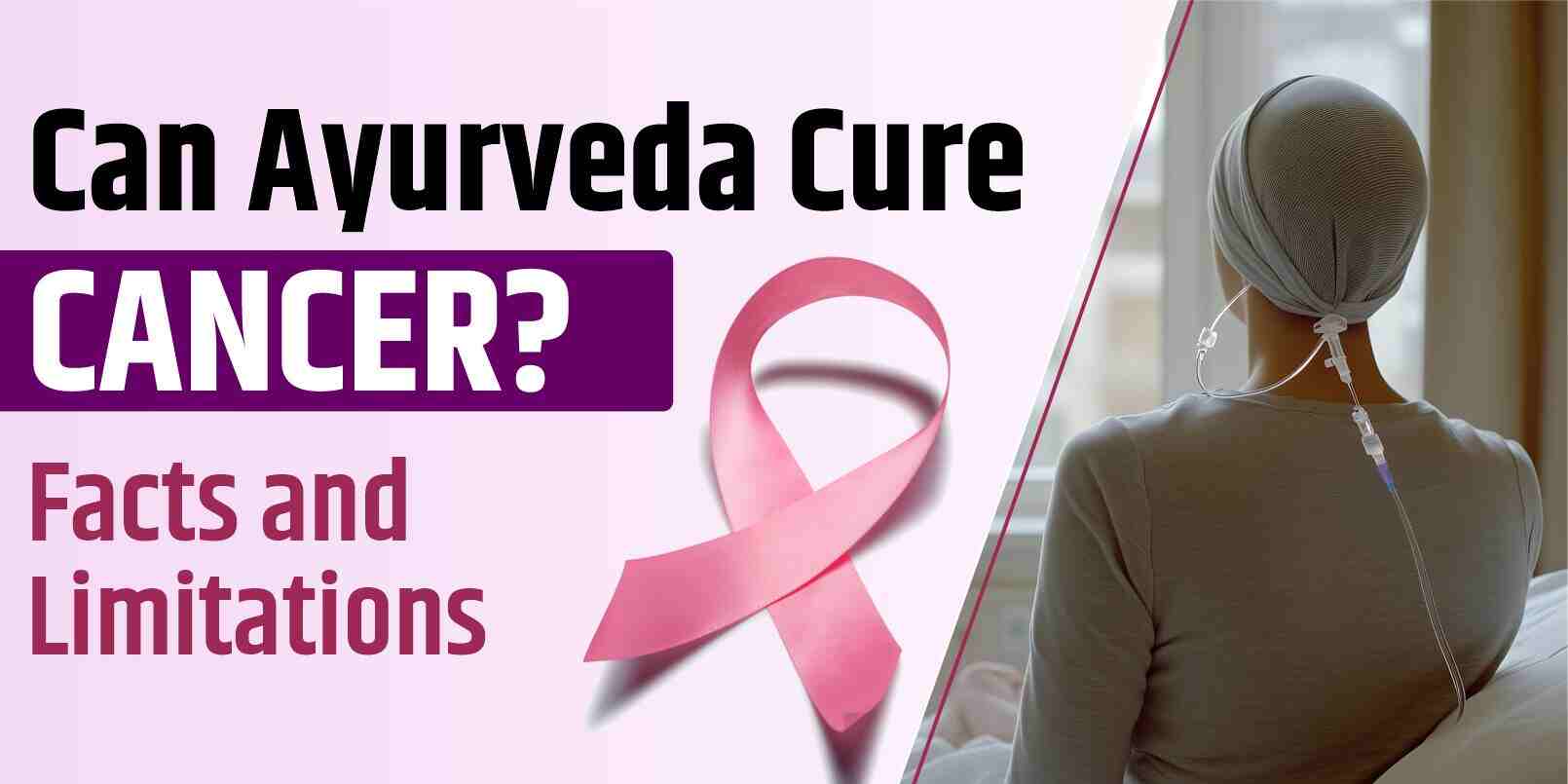
Introduction
Ayurveda is an ancient system of medicine and wellness that has its roots in India. The entire emphasis of Ayurveda is about adopting a holistic approach to health and making use of potent herbs and healing therapies for overall well-being. In recent times, Ayurvedic treatments have gained significant attention from cancer patients as many Ayurvedic herbs have demonstrated promising results against multiple cancer symptoms. Cancer treatment in Ayurveda utilizes herbs, lifestyle changes, and specific healing therapies to treat symptoms associated with various kinds of cancer. Ayurvedic treatment for cancer in India also offers ways through which Ayurvedic practices can help with treating various kinds of cancer.
Cancer is characterized by an abnormal growth in malignant cells, also known as tumors. These malignant cells metastasize and start to affect the other parts of the body as well. In addition, cancerous cells display apoptosis, i.e. they ignore the pre-programmed death of cells. Ayurveda views cancer as an imbalance of the three doshas (Vata, Pitta, and Kapha) in the body. This results in an accumulation of amas or toxins in the body. Common Ayurvedic treatments for cancer include:
Conclusion
Ayurveda, with its vast wealth of wisdom, can play an excellent complementary role in cancer treatment and post-cancer care. However, the lack of rigorous scientific validation also needs to be acknowledged, if you take an objective viewpoint on the subject. Patients considering Ayurveda should understand that Ayurveda, at least for now, is at best a sidekick to modern treatment. However, one cannot deny the impact of healing therapies, meditation, etc. in reducing stress and provide the healing touch to cancer patients. Integrating the healing therapies and treatment methods of Ayurveda with chemo and radiation therapy may actually promote quicker rehab in the cancer patients.
"Ayurveda is not just a system of medicine; it's a way of life. Connect with us to embrace a lifestyle that nurtures your body, mind, and soul."

Certificate no- AH-2023-0186
JAN 05,2023-JAN 04,2026